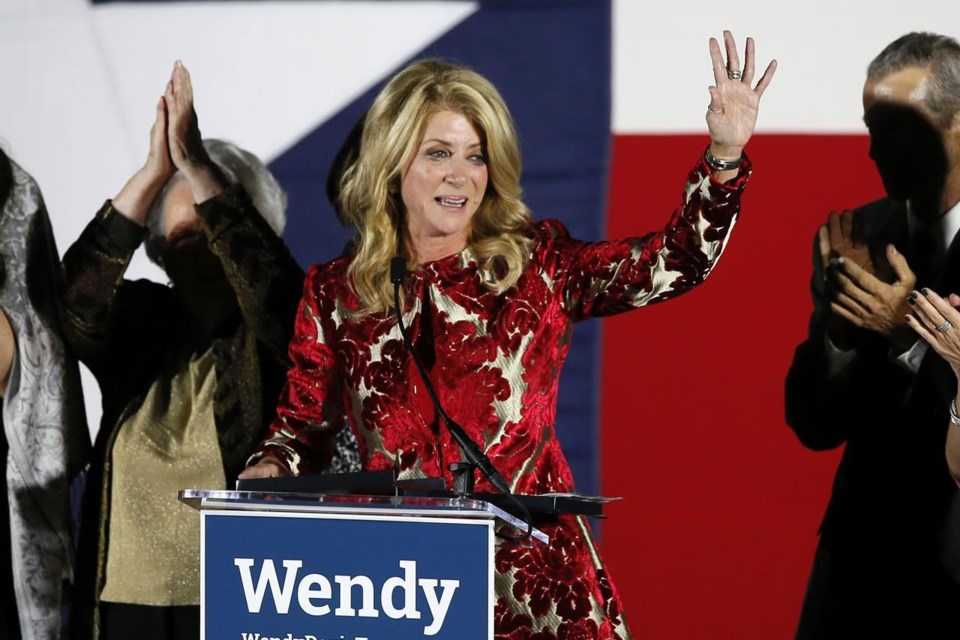AUSTIN, Texas (AP) ÔÇö A Texas city on Wednesday agreed to a $175,000 settlement with passengers on one of President Joe Biden's campaign buses in 2020, including , who accused police of ignoring their calls for help after a caravan of Donald Trump supporters surrounded them on a highway.
The episode took place days before the November election as the bus approached Austin. Video that circulated widely on social media at the time showed trucks with large Trump flags driving close to the bus, which had campaign surrogates and staffers on board but not the candidates.
, a former state senator who ran for Texas governor in 2014, and the other passengers accused San Marcos police of ignoring ÔÇťacts of violent political intimidationÔÇŁ and abdicating their responsibility by not sending an escort despite multiple 911 calls made from the bus. Under the settlement, the City of San Marcos also agreed to give officers additional training that includes principles of giving ÔÇťindividuals a voice" and being neutral in decision-making.
"The intimidation we experienced on the highway that day and the threat to our safety, simply for engaging in the political process and supporting the candidate of our choosing, should never happen in this country,ÔÇŁ Davis said in a statement.
San Marcos City Manager Stephanie Reyes said the city continues to deny many of the allegations in the lawsuit. However, she said the response by police that day did not reflect the departmentÔÇÖs standards ÔÇťfor conduct and attention to duty.ÔÇŁ
ÔÇťCitizens and visitors to the City of San Marcos should have confidence in the San Marcos Police Department, and a review of this event has better positioned the Department to more fully meet the communityÔÇÖs needs and expectations," she said.
Filings in the lawsuit included text messages and transcripts of 911 calls. The lawsuit alleged that city officials and police violated an 1871 federal law often called the ÔÇťKu Klux Klan Act,ÔÇŁ originally designed to stop political violence against Black people. The law has also been cited in lawsuits following .
Acacia Coronado, The Associated Press




